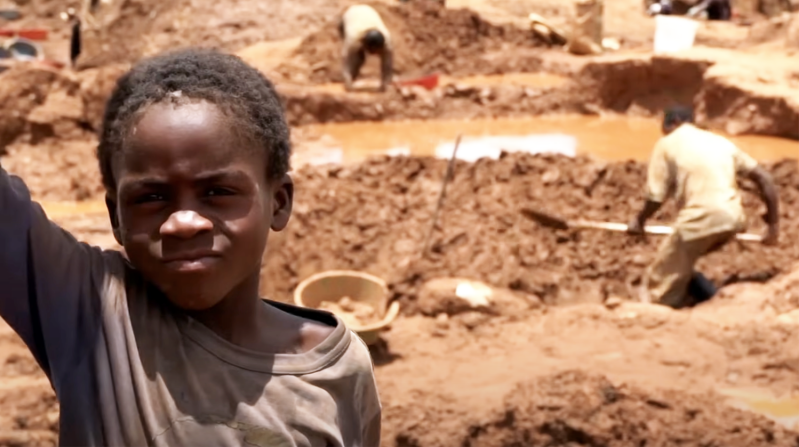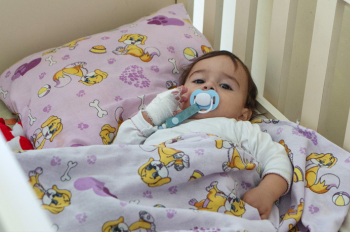
Technology giant Apple Inc. is under investigation for allegedly using minerals sourced from conflict-hit zones in the Democratic Republic of Congo (DRC), according to lawyers representing the central African country.
A Belgian investigating magistrate was appointed on Jan. 20, 2025, according to a Reuters report, to probe claims made by the DRC, which filed a criminal case against Apple in France and Belgium in December 2024. The DRC alleges that Apple’s subsidiaries and supply partners used minerals from mines controlled by armed rebel groups in Eastern Congo, where atrocities including massacres, rape, and looting have been reported.
William Bourdon, a lawyer representing the DRC, called the legal challenge “an unprecedented dual judicial initiative,” describing it as a first step toward holding technology companies “accountable for policy of endless enrichment at the cost of the most serious of crimes staining African supply chains.” The tech giant is also accused of using deceptive commercial practices to assure consumers that its supply chains are conflict-free.
Apple has disputed the claims, stating its commitment to responsible sourcing of minerals. According to the BBC, the company notified suppliers in April 2024 that “their smelters and refiners must suspend sourcing tin, tantalum, tungsten, and gold from the DRC and Rwanda” due to the inability to independently verify the origin of the minerals amid escalating regional conflict.
The mineral-rich eastern Congo has long been a battleground between government forces and armed rebel groups vying for control of lucrative mines. The region is a major global supplier of tin, tantalum, and tungsten, essential components in electronics, including smartphones and computers.
Lucrative illigal mining continues to fuel violence
Meanwhile, the M23 rebel group has continued to gain ground in eastern Congo, with the United Nations reporting that the group has the backing of Rwanda—a claim Rwanda denies. M23 recently seized the town of Minova, a key supply route to the provincial capital, Goma.
The U.N. Office for the Coordination of Humanitarian Affairs (OCHA) reported on Jan. 21 that fighting between M23 and DRC security forces displaced 178,000 people between Jan. 4 and Jan. 20. The rebels pushed back government forces from Minova, located 40 kilometers from Goma.
In separate incidents, 53 Christians were killed in North Kivu on Jan. 15 during attacks claimed by the jihadist group Islamic State Central Africa Province, also known as the Allied Democratic Forces, on social media posts. According to Barnabas Aid, 12 Christians were killed in Masakuki village and 41 in Makoko. The DRC is a predominantly Christian country, with more than 95% of the population identifying as either Roman Catholic or Protestant, split roughly evenly between the two denominations.
Human rights and charity groups have long criticized the illegal mining industry in Congo for emboldening rebel and separatist groups. The dehumanizing but lucrative mining practices have perpetuated violence and exploitation in the region.
Mark Preston, co-founder of The Freedom and Justice Partnership, and his colleague Carl Beech, documented harrowing conditions at a cobalt and copper quarry in Kolwezi, southern DRC. In a social media post on LinkedIn titled “Hell on Rare Earth”, Preston described witnessing hundreds of men, women, and children working without safety equipment in grueling 30-degree temperatures and enduring 10-hour shifts without wages.
“For a period of 40 minutes, we were both aghast and sickened at the sights as well as acutely aware of the importance of documenting this distressing reality,” Preston said. He emphasized that despite corporate social responsibility policies, the convenience and entertainment enjoyed by wealthier populations are “facilitated by the grueling sweat and suffering of the most exploited people on our planet.”





